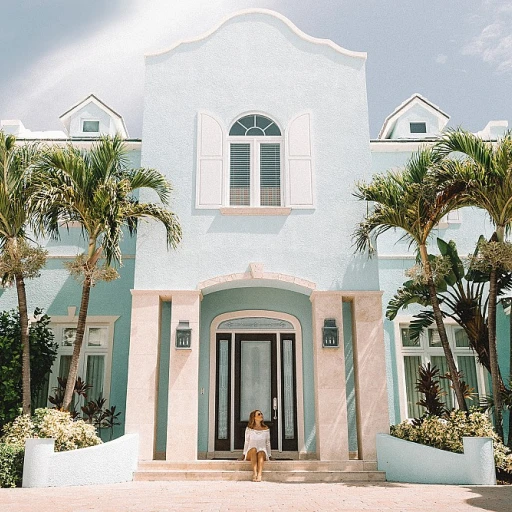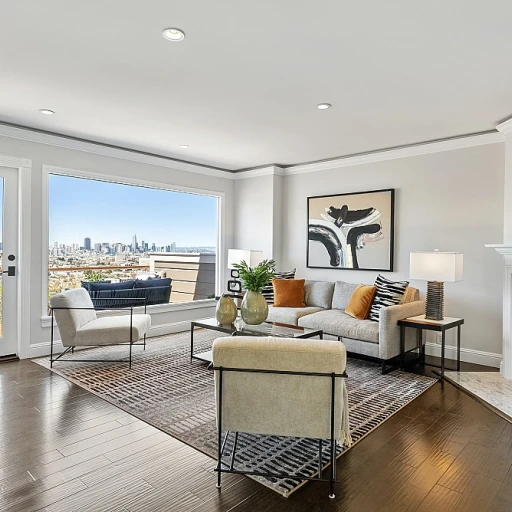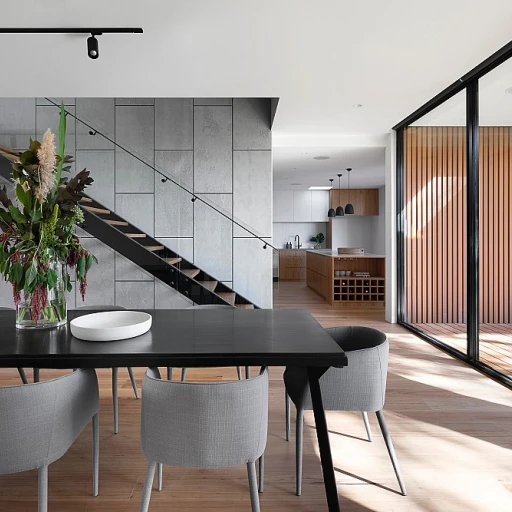The Rise of Elevator-Equipped Townhomes
The Evolution of Luxury Townhomes with Elevators
In recent years, the real estate landscape has witnessed a remarkable transformation, with elevator-equipped townhomes emerging as the latest trend in luxury living. A harmonious blend of comfort, convenience, and sophistication, these homes have redefined what it means to live lavishly. As key features like private elevators and spacious garages become standard, locations such as McLean, Chevy Chase, and even Los Angeles are seeing a surge in demand for these upscale residences.
This shift towards the inclusion of elevators is more than just a symbol of opulence; it's a testament to evolving consumer priorities. Buyers are not only seeking comfort and style but are also considering long-term functionality. The ease of navigating multiple floors with an elevator caters to a wider range of resident needs, whether it's accommodating growing families or planning for the future with aging in place.
From the sleek design of Craftmark Homes to the luxury offerings at Tysons Ridge, developers are weaving modernity into each architectural detail. Thoughtful site plans provide not just spacious living areas but also communal perks such as the view of private parks and easy access to vibrant community amenities.
The growing preference for these elevator townhomes is also fueled by their investment potential and market trends. As property values in prime locations like Potomac and Capitol Hill continue to rise, these residences not only promise a luxurious lifestyle but also deliver promising returns on investment. Homes for sale often feature rooftop terraces and loft levels, perfect for those who demand the very best in urban living.
For an in-depth exploration of these evolving trends, discover more about the luxury offerings here.
Design and Architecture: Blending Functionality with Elegance
Unveiling the Design: A Symphony of Functionality and Elegance
The integration of elevators in townhomes signifies an architectural evolution that seamlessly marries utility with sophistication. These homes are no longer confined to manual navigation. Instead, a private elevator becomes a center of convenience, enhancing daily living. Modern elevator-equipped townhomes transcend mere functionality, channeling elegance through thoughtful design. The incorporation of this feature enables architects to craft multi-story living spaces that are as beautiful as they are practical. In burgeoning communities like McLean and Tysons Ridge, these homes present a blend of luxury and real-world appeal.- Architects infuse open-plan concepts, ensuring spaciousness that gestures luxury at every turn.
- Strategically located private elevators foster a sense of exclusivity within each townhome, offering residents the prestige of estate homes.
- The design often features rooftop terraces or loft levels that maximize views, transforming every glance outside into a picturesque moment.
Accessibility and Aging in Place
Redefining Accessibility for All Ages
In the realm of luxury living, elevator-equipped homes have emerged as a game-changing solution, particularly in the exclusive estate market. With the nuanced blending of functionality and elegance becoming a standard, these townhomes now cater to a broader demographic, providing seamless accessibility for residents of all ages.
Incorporating a private elevator in homes ensures that residents can comfortably move between levels, enjoying the benefits of a multi-level rooftop terrace or a loft level without the constraints of traditional stairs. Whether nestled in the lush landscapes of McLean or the urban oasis of Capitol Hill, such designs are not only about convenience but also about forward-thinking lifestyle solutions.
Elevator townhomes are particularly attractive to those planning for aging in place, allowing individuals to remain in their cherished homes as mobility needs change. This aspect has spurred considerable interest in these real estate options, from single family estate homes in Chevy Chase to sophisticated townhomes in Tyson's Ridge.
Beyond addressing accessibility needs, these homes also align with modern lifestyle expectations, often providing amenities such as a multi-car garage, an expansive park view, and the incorporation of energy-efficient technologies. Indeed, with community-oriented sites like Craftmark Homes setting new standards, residents can schedule a tour or review the site's offerings to find their perfect fit.
While maximizing accessibility, developers face challenges in balancing the aesthetic appeal with practical functionality, ensuring the seamless integration of elevators into the home design. Yet, the relentless demand for such homes, amid a thriving housing market, continues to drive innovation and growth in this niche.
Energy Efficiency and Sustainability
Enhancing Energy Efficiency in Modern Townhomes
The integration of elevators in townhomes creates a unique opportunity to enhance energy efficiency, a critical aspect in today's real estate market. Luxury elevator-equipped homes utilize advanced technologies not only for comfort but also for sustainability, making them attractive to eco-conscious buyers.
Modern townhouses, found in communities from McLean to Chevy Chase, are increasingly featuring energy-efficient design elements. These range from smart home systems that optimize energy use to high-performance insulation and windows that minimize thermal loss. These innovations are complemented by the sustainable operation of elevators, which are often designed to use less energy thanks to regenerative drive systems.
Developers, such as those behind Craftmark Homes and Tysons Ridge, recognize the value that energy efficiency brings to buyers seeking both luxury and responsibility. Common design plans for these elegant homes, including single-family units, prioritize renewable resources where possible, such as solar panels to power the private elevator and other electrical needs.
Moreover, sustainable construction methods, like utilizing locally sourced materials and reducing waste, are becoming a standard. Estate homes now often come with features such as energy-efficient HVAC systems and high-grade insulation, which reduce both carbon footprint and utility bills, thus appealing to the modern luxury real estate buyer who is environmentally conscious.
For those looking at homes sale or rent, the promise of reduced living costs through energy-efficient features is attractive. Communities like those situated along the Potomac or within Los Angeles showcase how luxury living can be harmoniously combined with eco-friendliness. With the trend of sustainability growing steadily, investing in an energy-efficient, elevator-equipped home secures not only a premium lifestyle but also a step towards a greener future.
Market Trends and Investment Potential
Investment Opportunities in the Elevator Townhome Market
The concept of elevator-equipped townhomes is a burgeoning trend within the luxury real estate market. As demand for these homes rises, particularly in affluent areas such as McLean and Chevy Chase, their market value and investment potential increase significantly. This shift represents not just a preference for opulence but also a strategic financial opportunity. For potential investors, the attractiveness lies in a variety of factors:- Appreciation Potential: Estate homes fitted with private elevators provide an exclusive lifestyle that is highly sought after, allowing for a potentially higher appreciation rate than standard homes.
- Rising Demand: As baby boomers look towards aging in place, the demand for homes that offer accessibility increases. The inclusion of elements such as private elevators makes for an enticing prospect in communities designed with future-centric features.
- Flexibility of Use: These elevator townhomes cater to a range of uses, whether bought as homes for sale or as rental properties. The adaptability ensures a steady interest from both potential homeowners and renters.
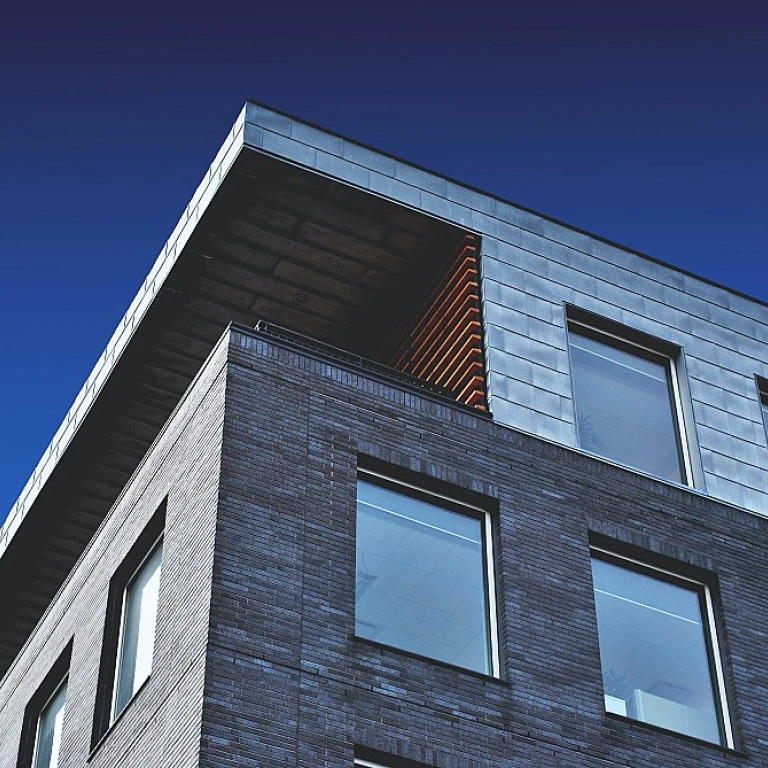
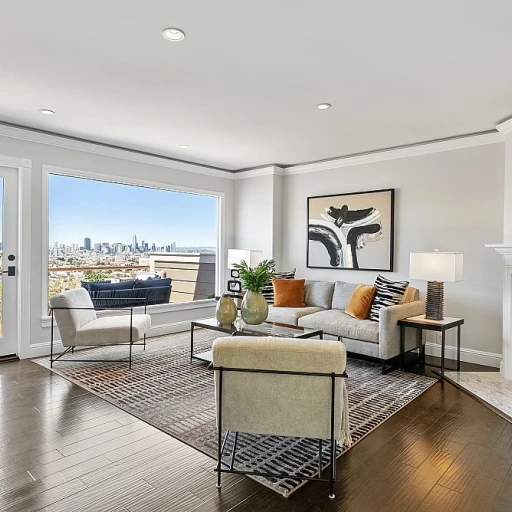
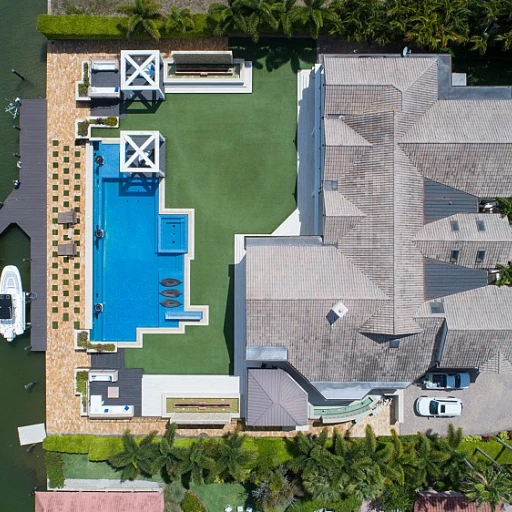
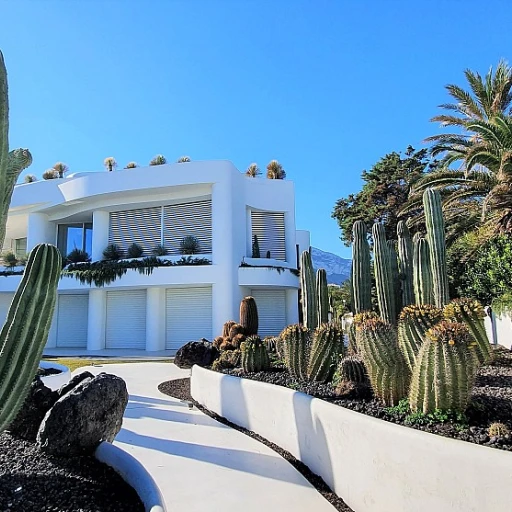

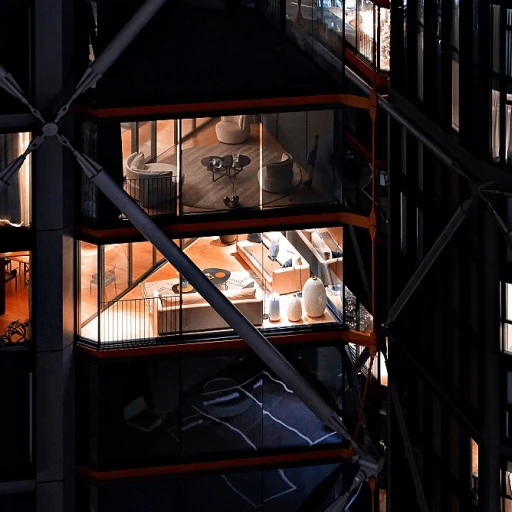
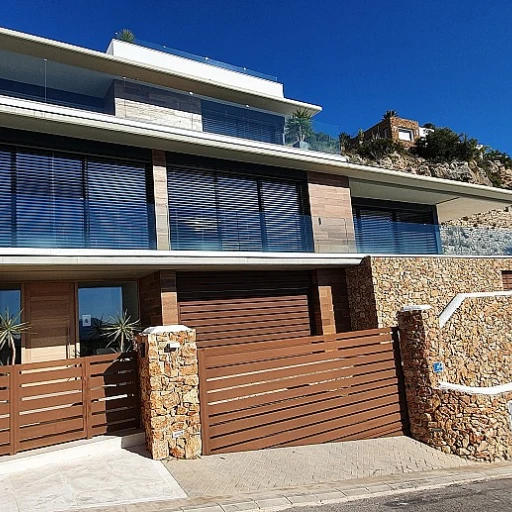

-large-teaser.webp)

